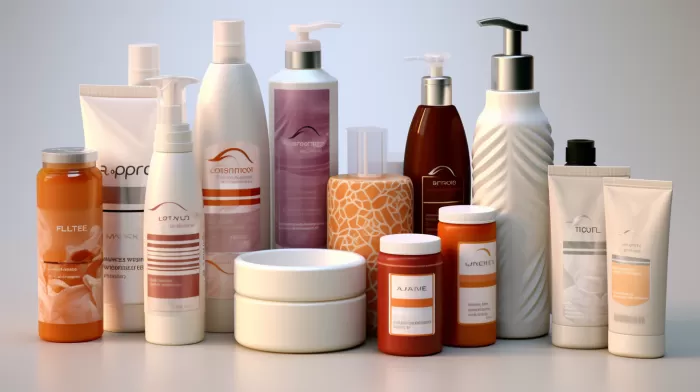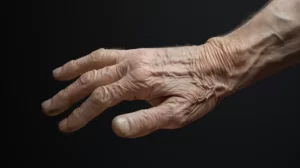You use lotions, shampoos, and personal care products to look and feel good, but what if these same items are doing more harm than good? Medical research has shown that a class of preservatives in these products may be linked to breast cancer, sperm deformation, and asthma.
These chemicals, known as parabens, are found in a wide range of everyday products. More than 90% of Americans constantly use them, according to data from the Centers for Disease Control and Prevention (CDC). While your body can break down parabens quickly, they have still been detected in urine, breast milk, and blood.
Understanding Parabens
Parabens are a group of synthetic compounds used in the cosmetic and pharmaceutical industries as preservatives. They are commonly found in product labels as butylparaben, isoparaben, methylparaben, propylparaben, or butylparaben.
These chemicals can be found in various products, including:
- Shampoos and conditioners
- Body lotions and moisturizers
- Facial cleansers and toners
- Toothpaste
- Makeup
A Study on Cancer-linked Toxins in Personal Care Products
A study conducted at the State University of New York at Albany collected 170 samples of makeup, lotions, shampoos, and other products, including 20 items specifically for babies. The researchers tested these items for the presence of nine phthalates (another class of toxins) and six types of parabens.
The results showed that both phthalates and parabens were found in personal care products. In baby products, concentrations of phthalates were low, but parabens were common. The researchers estimated that the potential daily skin exposure to parabens for infants and toddlers could be as much as two to three times higher than that for adult women.
The Risks of Parabens
The adverse effects of parabens have been linked to a variety of health issues:
- Hormone disruptors: Parabens can interfere with the body’s endocrine system, which regulates hormones. This disruption can lead to hormonal imbalances and may pose risks to reproductive health, growth, and development.
- Breast cancer: Multiple studies have suggested that parabens may contribute to the development of breast cancer by mimicking estrogen, a hormone known to play a role in the growth of some breast cancers.
- Skin irritation: Parabens can cause skin irritation, redness, and dryness, particularly in individuals with sensitive skin or existing skin conditions like eczema or psoriasis.
- Asthma and allergies: Some research has suggested that parabens may be a contributing factor to the increasing prevalence of asthma and allergies in the general population.
Reducing Your Exposure to Parabens
While it may be impossible to entirely avoid parabens, there are steps you can take to reduce your overall exposure:
- Read product labels: Check the ingredients list of your personal care products and avoid those that contain parabens. Keep an eye out for words like butylparaben, isoparaben, methylparaben, propylparaben, or butylparaben.
- Switch to paraben-free products: Opt for personal care items and cosmetics that are explicitly labeled as paraben-free. Many manufacturers are now offering paraben-free alternatives to cater to the growing demand for safer products.
- Simplify your routine: Use fewer products or switch to natural alternatives, such as coconut oil as a moisturizer or a homemade face mask with natural ingredients.
- Stay informed: Keep up-to-date on the latest research regarding parabens and other potentially harmful ingredients in personal care products. This will help you make informed decisions about the products you choose to use.
Conclusion
Protecting your health and well-being should always be a priority. By becoming more informed about the ingredients in your personal care products, you can make better choices for yourself and your family. Opt for paraben-free products whenever possible, and simplify your personal care routine to minimize your exposure to these potentially harmful chemicals.



